Iran: Accusations of weapons sales to Russia aim to ‘legitimize’ Western arms flow into Ukraine
Iranian Foreign Minister Hossein Amir-Abdollahian has once again rejected claims about the Islamic Republic's arms sales to Russia to be used in the ongoing war against Ukraine, saying such allegations are aimed at legitimizing the West's military assistance to Kiev.
In a phone conversation with Secretary General of the United Nations Antonio Guterres on Friday, Amir-Abdollahian said the ongoing conflict between Russia and Ukraine is rooted in the wrong policies of the North Atlantic Treaty Organization (NATO), namely its expansion toward the east.
The top diplomat reiterated Iran's opposition to the dispatch of weapons to the parties involved in the war which he said would only increase human losses and financial costs for both sides.
He said Tehran would continue its efforts to stop the war and promote lasting peace in Europe.
Both Iran and Russia have repeatedly denied claims that Tehran has provided Moscow with drones to be used in the war in Ukraine.
The anti-Iran claims first emerged in July, with US National Security Advisor Jake Sullivan alleging that Washington had received “information” indicating that the Islamic Republic was preparing to provide Russia with “up to several hundred drones, including weapons-capable UAVs on an expedited timeline” for use in the war.
The Iranian foreign minister last month dismissed media controversy over Iran’s alleged support for Russia in the Ukraine war, adding, however, that Tehran had provided Moscow with a limited number of drones months before the war in Ukraine.
He also assured that Iran will not be indifferent if it is proven that Russia has used Iranian drones in the conflict.
US, West use misinformation to provoke chaos in Iran: Amir-Abdollahian
Amir-Abdollahian also said the United States and some Western states have resorted to misinformation and abused international mechanisms to provoke chaos and acts of terror in Iran in recent months.
He said diplomacy and dialogue are the best ways to solve problems, emphasizing, however, that in the face of other options, the Islamic Republic's hands are not tied, apparently referring to the West’s sanctions against Tehran over the recent unrest and Iran’s tit-for-tat punitive measures.
Deadly riots broke out in Iran in mid-September after the death of 22-year-old Mahsa Amini.
Amini fainted at a police station in Tehran and was pronounced dead three days later in hospital. An official report by Iran’s Legal Medicine Organization concluded that Amini’s death was caused by illness rather than alleged blows to the head or other vital body organs.
Rioters went on a rampage, attacking security officers and causing damage to public and private property as Western powers provided support.
The European Union and some Western countries imposed sanctions on Iran over its approach toward the riots. Iran, in turn, announced retaliatory sanctions against institutions and individuals in the European Union due to their deliberate actions in support of terrorism and terrorist groups during the riots.
President Ebrahim Raeisi said on Thursday that the enemy had made a “scandalous miscalculation” by instigating the recent riots in the country, but the Iranian nation thwarted their plots to stoke insecurity and chaos.
UN chief hopes Iran's efforts will end Ukraine war
The UN chief, for his part, hailed Iran's constructive role in regional issues and expressed hope that Tehran's efforts would lead to the end of the war in Ukraine and the establishment of a ceasefire there.
Guterres said dialogue and diplomacy are suitable ways to solve regional and international issues and stressed the importance of continued efforts by Iran to help find a political solution to the Yemeni crisis.
The Iranian foreign minister and the UN chief also exchanged views about the latest developments in the talks to revive the 2015 nuclear deal, formally known as the Joint Comprehensive Plan of Action (JCPOA), and Iran's cooperation with the International Atomic Energy Agency (IAEA).
Mother’s Day: Sareh Javanmardi’s inspiring journey as Paralympic champion and mother
Russia downs over 40 Ukrainian drones as Putin vows 'destruction' on Kiev
VIDEO | Yemen: A bone in Israeli neck
D-8’s role in Iran’s economy after Cairo summit
China slams US as ‘war-addicted’ threat to global security
China ‘firmly opposes’ US military aid to Taiwan
VIDEO | Press TV's News Headlines
President Yoon Suk Yeol to be removed from office


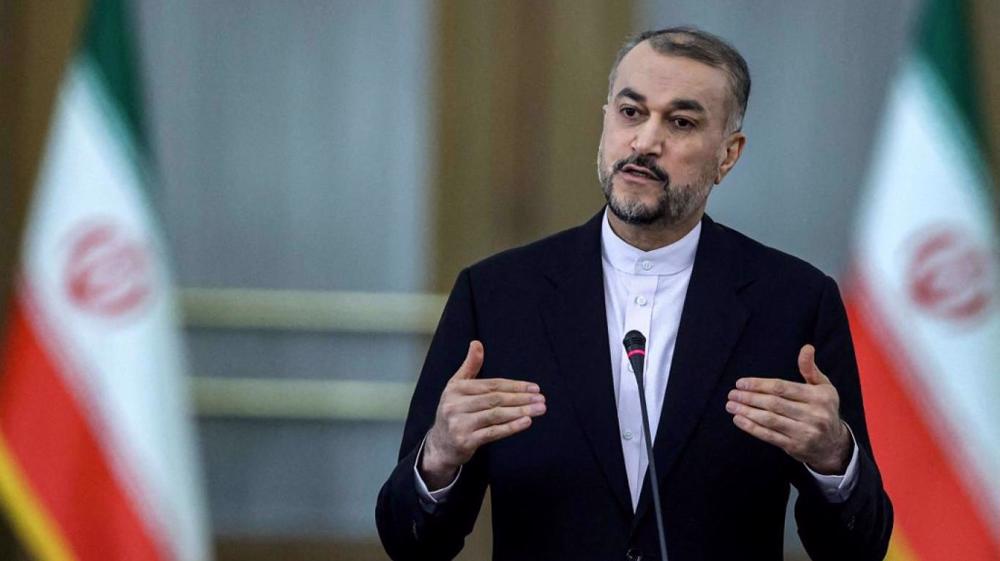
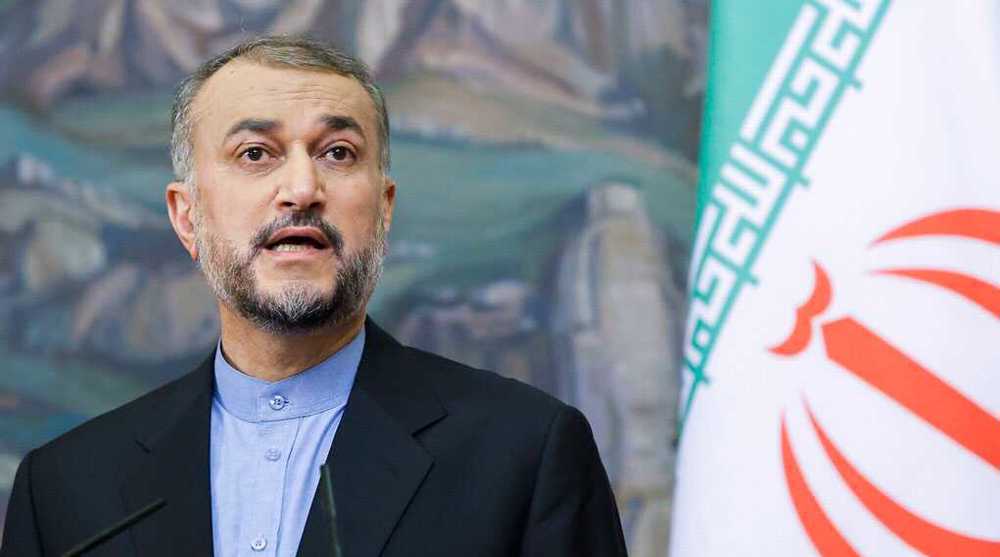
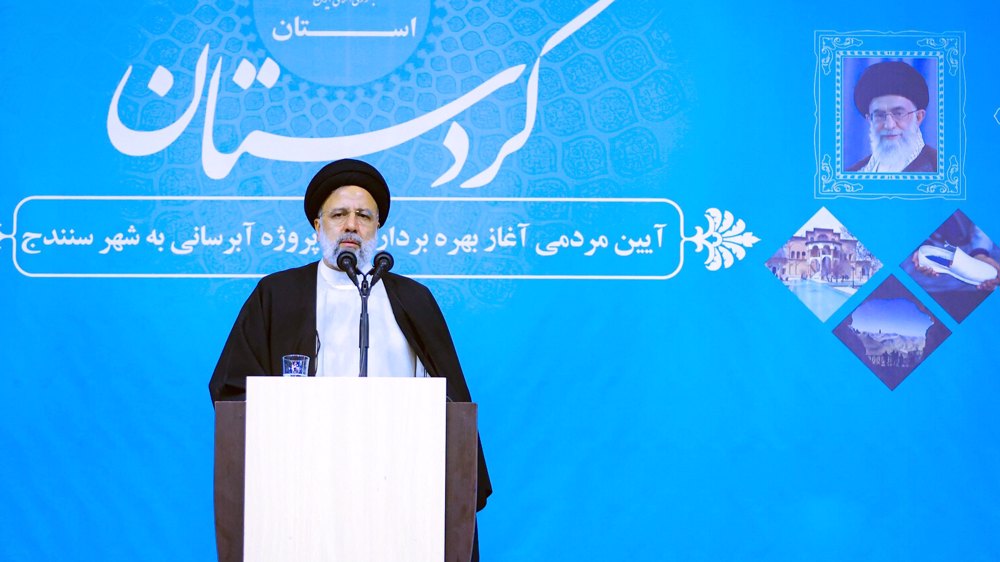






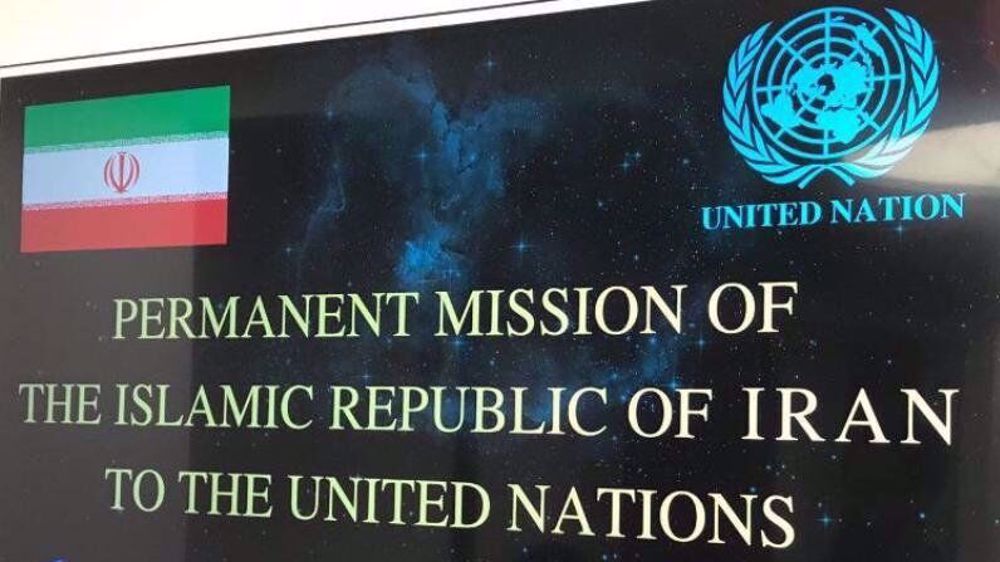
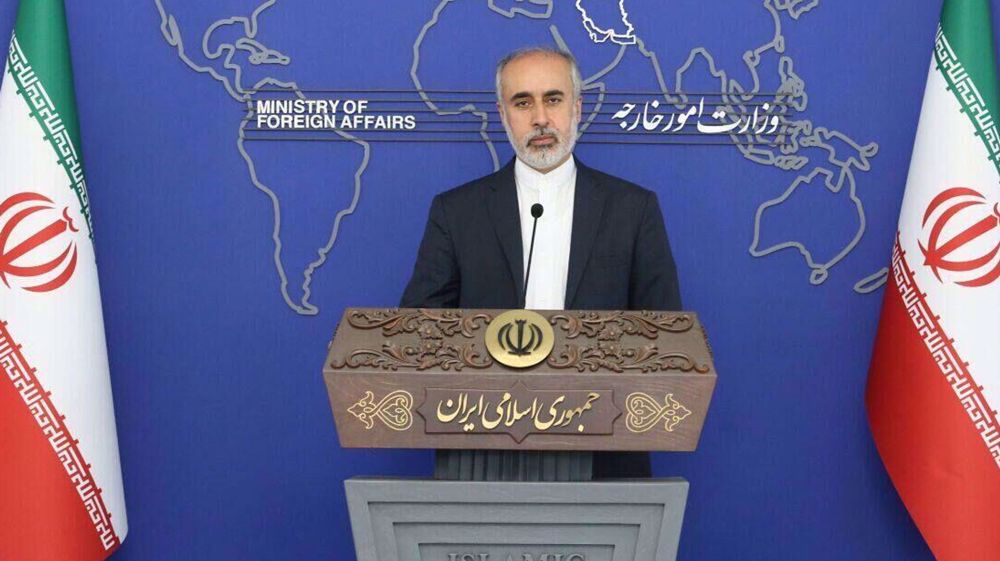

 This makes it easy to access the Press TV website
This makes it easy to access the Press TV website